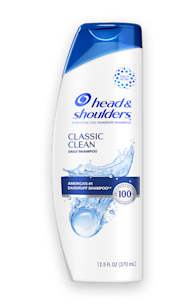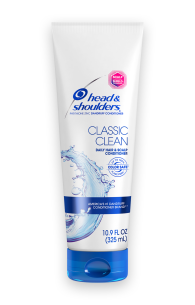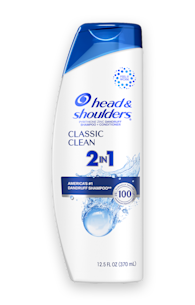AGE AND DANDRUFF – WHAT’S THE LINK?

You might only have dandruff during your teens, or you might see the symptoms throughout your life. So, what is the link between age and dandruff?
What causes dandruff?
It’s all down to a naturally occurring microbe on the scalp called Malassezia globosa. This microbe breaks down your scalpoils into substances including oleic acid – around 50% of people in the world are sensitive to this.
The scalp increases cell turnover in an attempt to shed the irritant, which leads to an excess of skin cells. This is what forms thevisible flakes recognizable as dandruff.
When does dandruff start to occur?
Hormones control oil production, so hormonal changes can increase the amount of oils (and therefore oleic acid) on thescalp, leading to dandruff.
This means that there’s a high likelihood of experiencing dandruff during adolescence when hormones are raging.
Having dandruff during your teens doesn’t necessarily mean that you’ll have it throughout your life, but it could also indicate a reoccurring problem.
Equally, if you don’t experience it as a teenager, you could still get dandruff for the first time later in life.
Dandruff is a chronic condition, and there’s no cure at the moment. So, for most people, it will keep coming back when you stop using your anti-dandruff shampoo.
Remember, just because you might first experience dandruff during puberty, that doesn’t mean that it will go away when you reach yourtwenties. You may always be vulnerable to dandruff, but there’s no need to worry.
Use Head & Shoulders regularly and you may never even see the symptoms – your hair will be beautiful and flake free.¹
It doesn’t have to be a chore – try Classic Clean Shampoo (our most popular shampoo) for soft, manageable, 100% flake-free hair.¹ Or for an exhilarating sensation, try Refresh for Men Shampoo with mint extract to cool the scalp. Read more about when dandruff starts.
¹ visible flakes, with regular use






